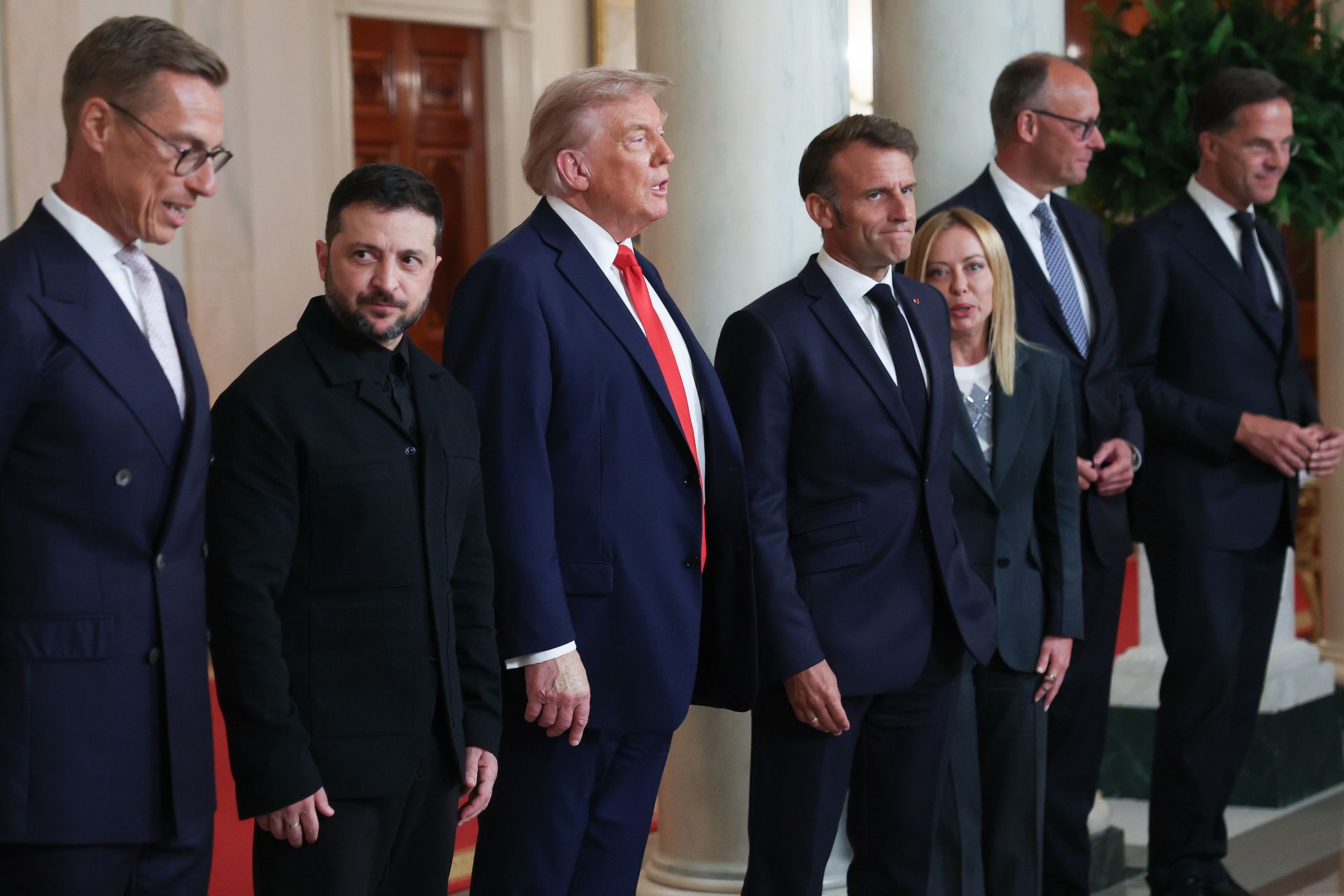Trump endorsed Chinese peacekeepers in post-war Ukraine, FT reports; White House denies

U.S. President Donald Trump suggested that Chinese peacekeepers could monitor a neutral zone along the front line in Ukraine as part of a potential peace settlement, the Financial Times reported on Aug. 29, citing four undisclosed sources.
The idea has been previously proposed by Russia but rejected by Ukraine and its European allies due to China's close relationship with Moscow amid the full-scale war.
The Trump administration has not publicly commented on the possibility of Chinese peacekeepers in Ukraine. In comments for the Financial Times, a senior U.S. administration official denied the claims as "false," saying there had been "no discussion on Chinese peacekeepers."
The alleged proposal came amid Trump's push to broker an end to the Russian full-scale invasion of Ukraine, ongoing for three and a half years.
Fearing a renewed Russian aggression in case of a peace deal, President Volodymyr Zelensky has stressed the necessity of security guarantees as part of a potential agreement.
The European-led coalition of the willing proposed the deployment of a multinational "reassurance force" in post-war Ukraine as a component of such guarantees.
Russia has rejected the deployment of peacekeepers from NATO countries, with Russian Foreign Minister Sergey Lavrov saying such a move would amount to "foreign military intervention."
At the same time, Moscow has previously proposed that China could provide security guarantees, including through a peacekeeper deployment, though the Chinese Foreign Ministry denied in March reported plans to participate in a peacekeeping mission.
While claiming to be neutral in the war and calling for a peaceful resolution, Beijing has been a key ally to Moscow, helping it avoid Western sanctions and becoming the leading source of dual-use goods.
Ukraine has also accused China of providing arms and defense components to Russia, an accusation Beijing denied.
Russian President Vladimir Putin is set to travel to China this weekend to meet his Chinese counterpart, Xi Jinping. Kremlin spokesperson Dmitry Peskov described the upcoming visit as "absolutely unprecedented."











